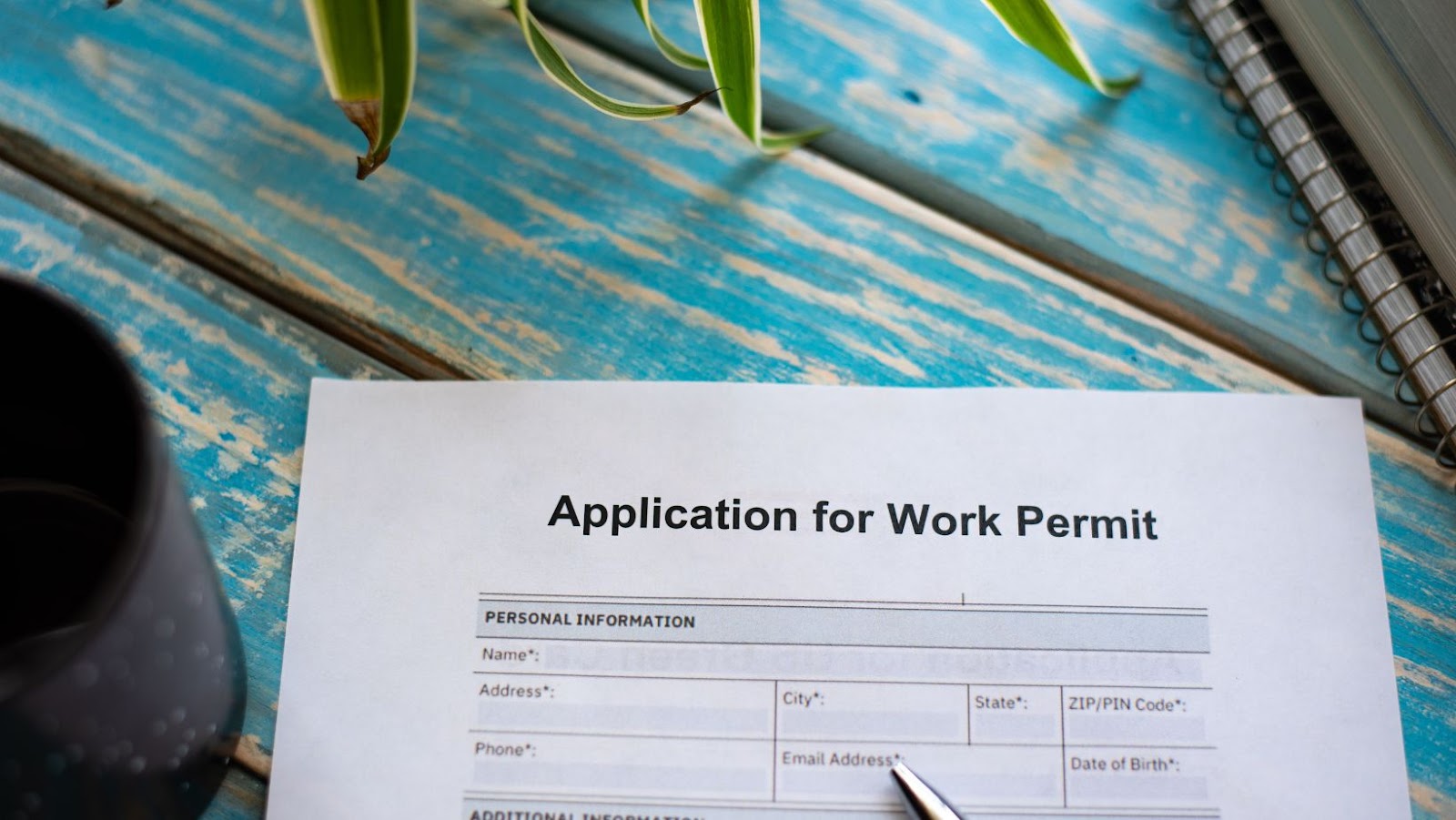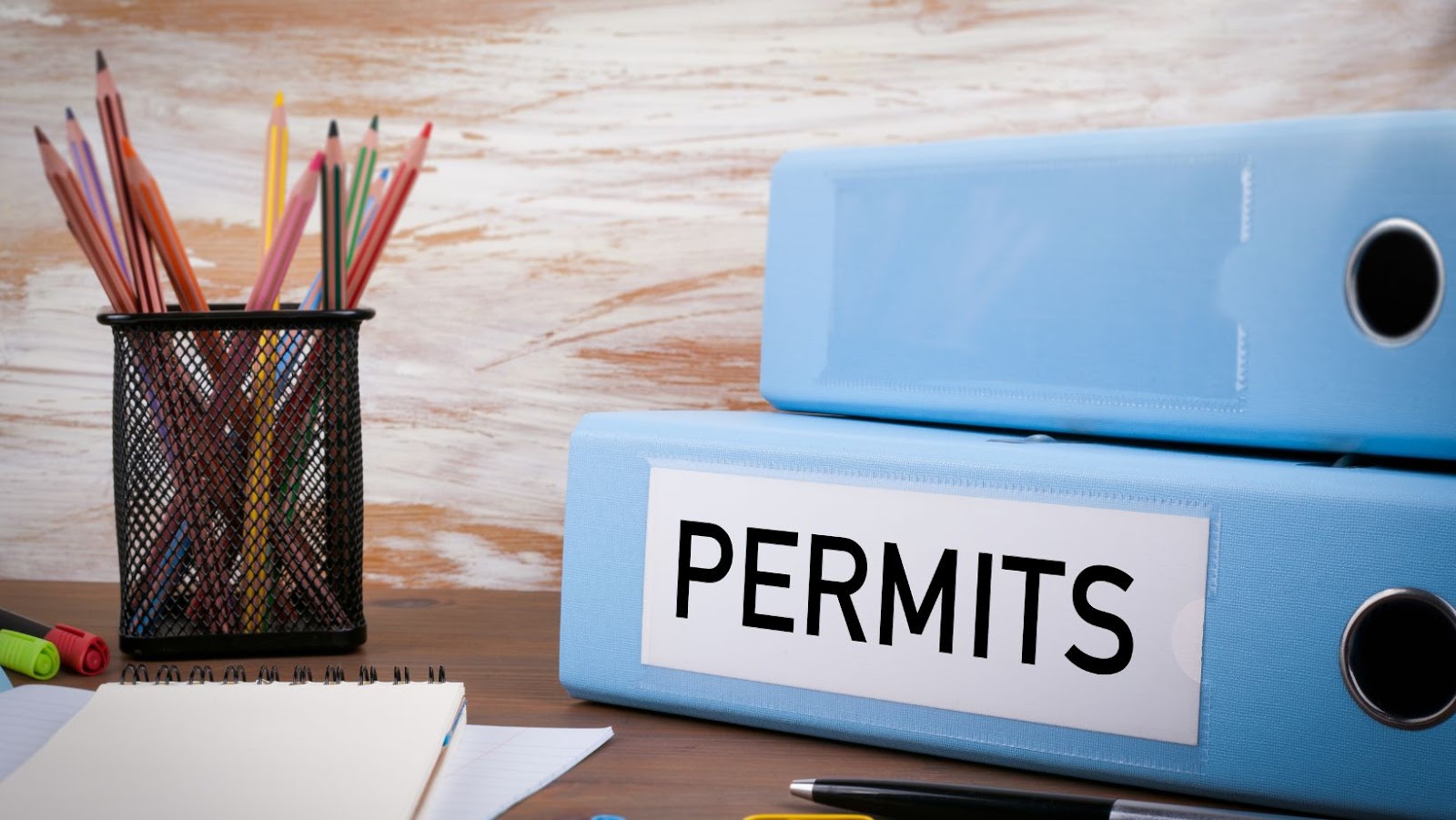Entertainment work permits authorize minors to work in movies, television, theater, and other performance-related fields. These permits ensure compliance with labor laws and safeguard young workers’ interests. Authorities such as state labor departments typically issue them after confirming eligibility and understanding of legal obligations. Eligibility often requires proof of age, residence, and school enrollment. Necessary documents might include birth certificates, government-issued IDs, or school transcripts. Depending on the jurisdiction, additional documentation or parental consent may be needed during the application process.
Permit validity usually spans six months to one year, and renewal requires ongoing eligibility. Regular updates on state-specific requirements ensure compliance, as laws vary significantly. Parents and guardians should frequently check relevant government websites for changes. Engaging with industry professionals or legal experts provides guidance in maintaining adherence to legal standards and protecting young talents in entertainment roles. Entertainment work permits are crucial for young performers under 18 who plan to work in film, television, or stage productions. These permits ensure compliance with labor laws and protect minors’ rights.
Minors interested in working in the entertainment industry require a work permit if they’re under 18. Although the specific age threshold may vary by state, most jurisdictions mandate permits for all minors. Certain states may require permits for children as young as infants in modeling roles. Minors seeking roles in various sectors of the entertainment industry need permits. This includes actors in films and TV shows, musicians in live performances, and models in advertising campaigns. Other categories encompass dancers in stage productions and voice actors in animated projects. These permits maintain legal working conditions across distinct entertainment roles.
 Application Process for Entertainment Work Permits
Application Process for Entertainment Work Permits
The entertainment work permit application involves specific requirements and a clear step-by-step procedure. Understanding these elements is crucial for parents, guardians, and young performers in the entertainment industry. Applicants need to gather essential documents to initiate the application. These typically include:
- Proof of Age: Birth certificates serve as a primary requirement to establish the minor’s age.
- School Enrollment Verification: A document from the school confirms that the minor is actively enrolled.
- Proof of Residence: Utility bills or lease agreements verify the applicant’s residence.
- Health Clearance: Some states demand a health examination certificate showing the minor is fit for work.
The application process follows a structured series of actions:
- Collect Necessary Documents: Gather all required paperwork as per state-specific requirements.
- Complete the Application Form: Fill out the application form clearly, ensuring that all sections are accurately completed.
- Submit the Application: Submit the completed application along with the collected documents to the relevant state labor department.
- Await Approval: Processing can take several weeks, so it’s advisable to submit applications well in advance of any planned work engagements.
- Permit Issuance: Once approved, the work permit is issued, allowing the minor to legally work in the entertainment sector.
Following these steps helps ensure a smooth application process and compliance with labor regulations.
 Legal Considerations and Compliance
Legal Considerations and Compliance
Obtaining an entertainment work permit involves adhering to various legal frameworks, ensuring compliance with state and federal labor laws. Legal considerations focus on preserving minors’ welfare and rights within the entertainment industry. State-specific regulations dictate unique permit requirements. Each state enforces laws that govern the conditions under which minors work in entertainment. Some states, like California and New York, implement stringent guidelines that specify the maximum working hours, mandatory education provisions, and health and safety standards. States may require additional documentation, such as Coogan accounts to protect minors’ earnings or the presence of a child welfare worker on set. Regularly consulting state labor department websites allows parents, guardians, and employers to remain informed about regulatory updates and ensure compliance.
Employers play a critical role in upholding the legal standards set by entertainment work permits. They must verify that all employed minors have valid permits before commencement of work. Employers also need to adhere to the restrictions outlined in the permits, including appropriate work hours, breaks, and conditions. They are responsible for providing a safe working environment and ensuring educational requirements are met, which may involve coordination with on-set teachers or tutors. Employers must also retain copies of permits and related documents for compliance checks, demonstrating their commitment to legal obligations concerning minors in entertainment.